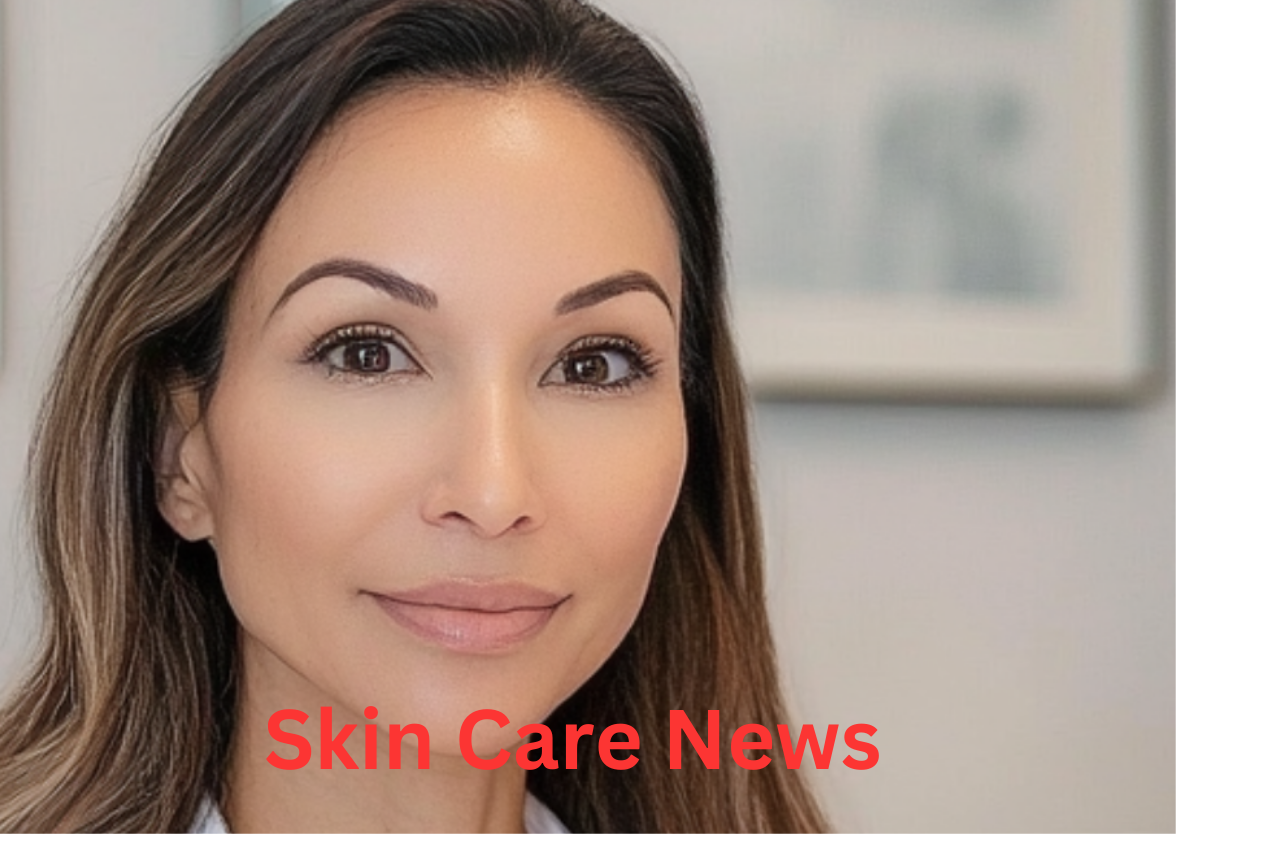Best men’s skincare routine for combination skin.
The sale of men’s skincare routine products worldwide for the combination skin market has been consistently growing. As per industry specialists, the international market for men’s grooming items, encompassing skincare, is projected to hit $5.29 billion by 2027. Additionally, research indicates that the solo market for men’s skincare will achieve a compound annual growth rate of 9.1% from 2022 through 2030.
While these statistics are remarkable, they also underscore a significant disparity in comparison to the women’s skincare market in the UK, for instance, which is worth $1.9 million. Notwithstanding the difference, the rising trend in men’s skincare is irrefutable.
“Colleen Baren, the business strategist and developer for prominent K-beauty brands Madeca Derma and W.Dressroom at BesselCo’s Helm, expresses to BeautyMatter that the men’s skincare surge is chiefly due to a change in cultural perspectives on masculinity and self-care,”
In the past, skincare was primarily targeted towards women, with societal conventions suggesting that men who indulged in skincare routines were less masculine or wasting their time. Nonetheless, as these antiquated prejudices are progressively disputed, a fresh cohort of men is recognizing skincare as a vital and essential part of their everyday regimen.
“The change is also partially driven by the surge in social media where beauty and skincare influencers—a significant number of whom are men—disclose their routines and promote improved skincare habits,” adds Baren, highlighting how platforms such as Instagram and TikTok have simplified the process for men to delve into skincare devoid of the stigma, making the dialogue around men’s beauty and wellness commonplace.
In addition, the idea of self-care has transformed beyond conventional gender norms, with an increasing number of men today acknowledging the significance of skin care as a part of their overall health and wellness commitment. For these consumers, skincare extends beyond mere aesthetics, it is about preserving their complete health and well-being.
Personalization’s Influence: Addressing Contemporary Men’s Requirements
An additional element fuelling the growth of men’s skincare is the industry’s shift towards personalization. Present-day consumers, comprising millennials, Gen Z, and the significantly older generations such as boomers and Gen X, are seeking products that are customized to their particular needs and worries, whether it centers on anti-aging, blemish management, or shade variety.
The rise in demand for personalized solutions has spurred the growth of skincare brands that are tailored exclusively for men’s skin. Men’s skin is often thicker and more oily than women’s skin, necessitating distinct product formulations.
Brands were swift in reacting to this requirement. For instance, brands such as Geologie, which was previously only for men but is now a unisex brand, provides tailored skincare routines according to individual skin types and issues, ranging from acne and aging to sensitivity and dryness. These brands focus on simplicity and efficiency, attracting men who might be novices in skincare and are in search of uncomplicated solutions.
This is the founding principle of the brand, established by Jamie Melbourne and Tony Lecy-Siewert. “We discovered many men required products tailored and specifically designed for their skin, which is why we advanced moisturizer creation and integrated shade ranges,” co-founder Lecy-Siewert explains to BeautyMatter. In 2023, Apostle introduced a tinted moisturizer in up to twelve shades. Customers, particularly men, provide brief personalized details in response to prompts, then select a shade that best suits their skin tone.
That said, many men’s-focused brands are tapping into this boom through the rise of subscription services, which has also made it easier for men to access personalized skincare products without the hassle of shopping in-store. Grooming and wellness brands like Dollar Shave Club and Harry’s have expanded beyond shaving products to offer complete grooming and skincare lines, delivered directly to consumers’ doors. This convenience, combined with the appeal of products designed specifically for men, has helped drive the growth of the men’s skincare market.
One of the primary drivers behind the men’s skincare boom is the shift in cultural attitudes towards masculinity and self-care.
Marketing Tactic?
The expansion of men’s skincare isn’t solely due to evolving societal views and customer needs. It’s crucial to understand that this isn’t merely about rebranding female products with manly packaging.
“Dr. Scott Gerrish, an expert in regenerative medicine and aesthetics, tells BeautyMatter that while much of the positioning of beauty products for men and women is largely marketing, since differing perspectives influence why men and women purchase products, their skin compositions are not identical and may occasionally necessitate unique skincare products.” Dr. Gerrish is the principal of Gerrish MedEsthetics, a noninvasive cosmetic and regenerative medicine clinic with branches throughout Arizona and D.C. in the United States.
“Compared to men, women usually have thinner and drier skin, which allows them to absorb substances such as retinol and glycolics faster. This is because men often produce more sebum than women,” explains Dr. Gerrish.
“Men’s skincare marketing strategies seem to be highly refined, centering on education, empowerment, and normalizing skincare for men. But beyond these marketing tactics, there are practical reasons that drive brands to create products specifically for this demographic,” comments Barren. “For instance, shaving can result in bumps for men, necessitating products to combat this. Women also have to consider how their makeup will appear after applying skincare products like sunscreen, a concern men typically don’t share,” she elaborates.
Skincare for men is no longer a specialized market, with significant brands now openly and assertively marketing it. Major corporations such as L’Oréal, Dove Men+Care, and Kiehl’s have introduced skincare ranges specifically for men, advertising products ranging from moisturizers to anti-aging serums.
At times, their promotions utilize robust and identifiable visuals, along with catchphrases that stress power and straightforwardness. For example, campaigns of Dove Men+Care, such as “Real Strength” or “Care Makes a Man Stronger”, underscore “authentic men” and their skincare requirements, attracting those who might have formerly avoided skincare routines.

mens skin care
The utilization of famous personalities has significantly accelerated this trend into the mainstream. Dwayne “The Rock” Johnson, renowned for his tough manliness, has candidly revealed his skincare regimen on social media, debunking stereotypes and inspiring his enormous fan base to regard skincare with seriousness.
In a similar vein, stars such as Idris Elba have initiated their own skincare lines—S’able Labs—directed at men who prioritize self-care. These celebrity endorsements have expanded the allure of men’s skincare, transforming it from merely acceptable to sought-after for a fresh generation of consumers.
The surge in men’s skincare products mirrors broader societal changes and changes in consumer perceptions. As men embrace the concept of self-care and as the bias against men’s grooming reduces, the need for men’s skincare items will only increase.
Although the sector remains slower than women’s skincare, it is gradually catching up. Research indicates that an increasing number of men are realizing the value of skin maintenance, motivated by health, cleanliness, or merely wanting to enhance their appearance and feel good. As the market progresses, it’s evident that men’s skincare is not a passing trend. It is set to become a significant component of the larger beauty and wellness industry. Read More


